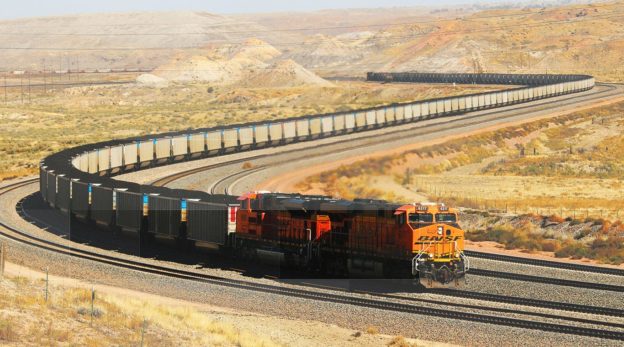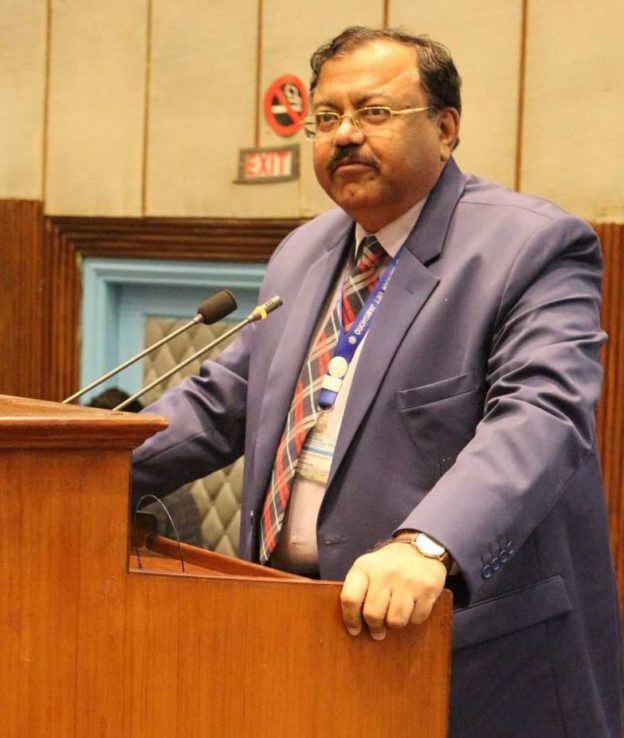Committed to raise research quality, emerging areas of eng & tech: Aslam Uqaili
Higher Education Commission (HEC) is endeavoring for enhancing the potential of higher education institutions for supporting socio-economic transformation under CPEC with a focus on development of quality human resource, civilizational harmony and knowledge inputs, said Lt-Gen (retired) Muhammad Asghar, the Consultant for China-Pakistan Economic Corridor (CPEC) at HEC, Islamabad.
Gen. Asghar was guest of honor at the 33rd IEEEP (Institution of Electrical & Electronic Engineers Pakistan, Karachi centre) All Pakistan Students’ Seminar in collaboration with Faculty of Electrical, Electronic and Computer Engineering Mehran University of Engineering and Technology (MUET) Jamshoro.
“CUSP means a turning point that manifests transition from a historical period to the next,” he said while speaking at the seminar.
He detailed about planning parameters of Pakistan vision 2025 that there were seven pillars or priority areas including first connectivity: modernizing transport infrastructure and regional connectivity to support economy that is well-integrated with regional development like CPEC. He said that secondly, people: first concentrating on developing social and human capital and empowering women; thirdly; growth: sustained indigenous and inclusive growth while protecting natural resources and addressing impact of climate change; fourthly governance: democratic governance, institutional reforms and modernization of public sector. He said that the fifthly security: energy, water and food security, sixthly entrepreneurship: private sector and entrepreneurship growth and the seventh and final, knowledge economy: developing competitive knowledge economy through value addition. He also highlighted planning parameters of sustainable development goals (SDGs) encompassing no poverty; zero hunger; good health and well-being; quality education; gender equality; clean water and sanitation; affordable and clean energy; decent work and economic growth; industry, innovation and infrastructure and reduced inequalities. He continued SDGs by including sustainable cities and communities; responsible consumption and production; climate action; life below water; life on land; peace, justice and strong institutions and partnerships for the goals.
He said that CPEC long-term plan had another seven facets consisting of connectivity including infrastructure for integrated transport system and establishment of digital corridor; energy-related infrastructure; trade and industrial parts; agriculture and poverty alleviation; tourism and development of ocean economy; cooperation in areas concerning people’s livelihood and non-governmental exchanges and financial cooperation and border management.
He divided the CPEC long-term plan into timelines — short-term, mid-term and long-term from 2020 to 2030. Speaking as chief guest, IEEEP president and National Transmission Dispatch Company (NTDC) technical general manager Dr Rana Abdul Jabbar Khan said that this event gave opportunity to all young students and future engineers to present their project based research work which could lead towards conducting collaborative industrial research in order to meet indigenous technological needs of the country. He said that IEEEP recognized this significant contribution and hoped its continuity in future. He congratulated all those who were part of this institution, organizing committee, technical experts while providing technical support for arranging this mega event.
Thanking all guests and organizing committee, MUET vice chancellor Prof Dr Muhammad Aslam Uqaili said that the university transformed and evolved from undergraduate degree awarding institute to research one (university) in the past 10 years. “MUET is committed to raise research quality by employing PhD’s in conventional fields as well as in emerging areas of engineering and technology,” he said. He stated that students of the varsity regularly had been participating in IEEEP students’ seminar as it is an honour for MUET to hold this event.
“IoT (Inteesnd big data are distinct technologies that have processed separately with passage of time. Recently, it is observed that these technologies are getting interdependent to each other by means of processing information through connected mediums,” Sungkyunkwan University Seoul South Korea department of computer education PhD assistant professor Dr Nawab Muhammad Faseeh Qureshi said. He stated that recent research challenges in resolving convergence problems during large-scale data processing in a distributing big data environment. He illustrated cloud, big data and IoT with examples.
MUET Faculty of Electrical, Electronic and Computer Engineering Dean and distinguished national professor Dr Bhawani Shankar Chowdhry who was also Chief Organizer and technical coordinator of the seminar gave awards and certificates to guests and participations, while engineer Dr Farzana Rauf Abro who was the convener of the seminar paid a vote of thanks.
Prof Dr BS Chowdhry informed that it is first time that 20 groups of final-year students belonging to 13 national and international, public and private universities presented their research papers on various topics during two technical sessions and masters’ students were also invited to submit their posters for the competition.
Later on, MUET Pro vice chancellor Dr Tauha Hussain Ali inaugurated poster exhibition held at gallery of main auditorium varsity (MUET) where he encouraged around 45 participants who were final-year and Masters students of various national private and public varsities in the country. The IEEEP Chairman Engr Irfan Ahmed thanked Vice Chancellor MUET and Dean FEECE Prof BS Chowdhry for organizing the great event in befitting manner having participation of more than 600 students, faculty members, and professional from Industry. Engr Naveed Ansari, IEEEP Vice President South announced the result of Winners in the paper and posters competition.











